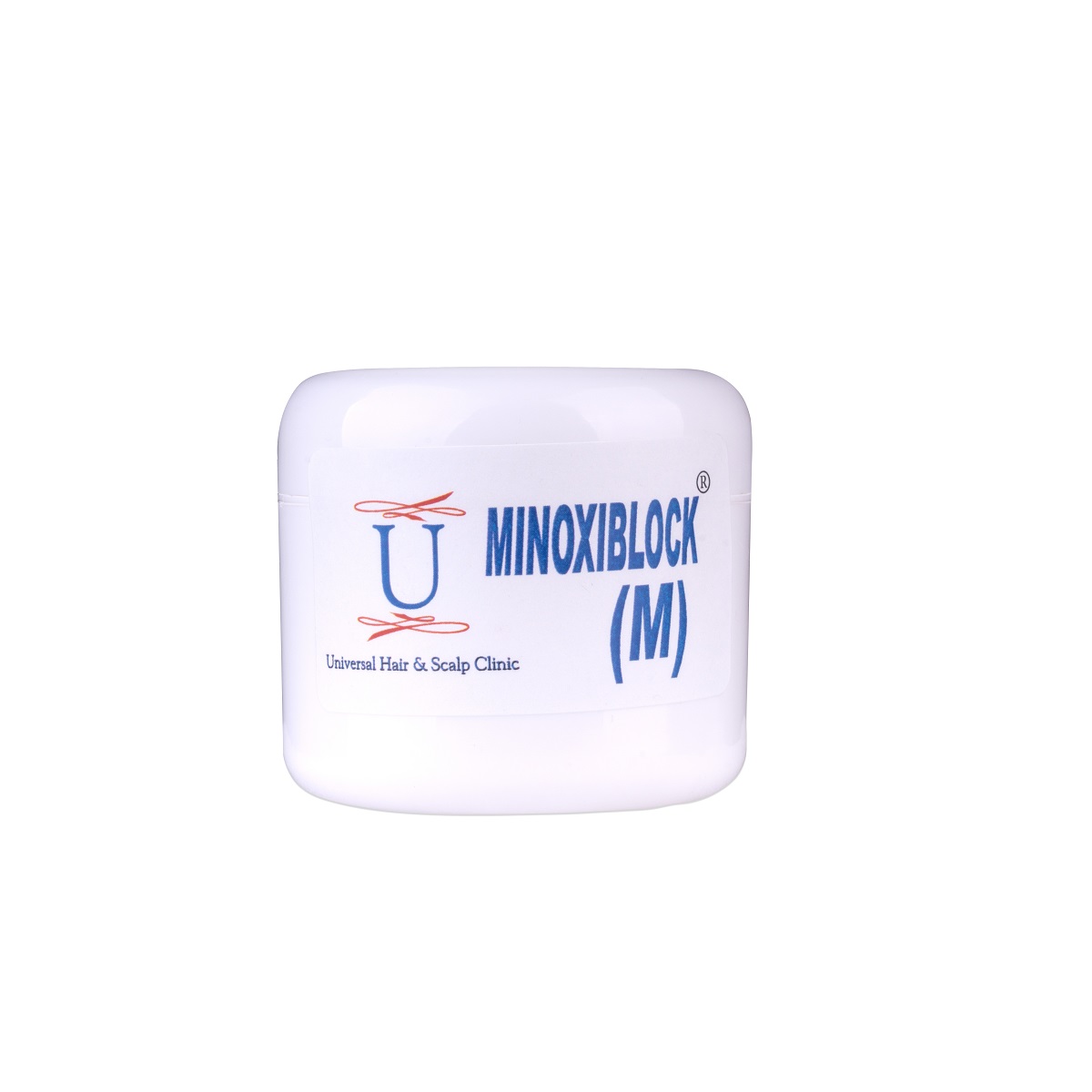Menopause is an inescapable part of growing old for women. This natural biological process is scientifically defined as a time wherein you stop having your period for 12 consecutive months.
You may go through menopause in your late 40s or early 50s. When you experience it, you are going to go through a number of bodily changes like muscle and joint pains, weight gain and hot flashes.
Your hair won’t be spared from the effects of menopause as well. To be more precise, you are going to experience hair loss or alopecia which is going to be more pronounced after menopause.
Studies show that hair thinning is observed in 40% of women after menopause. But the entire process happens gradually which is why most women fail to detect the problem during its earlier stages.
In most cases, the thinning is only noticed when hair volume has been reduced by 50%. What usually catches their attention are the excessive hair shedding, smaller ponytail, wider part line or less hair coverage.
As compared to hair loss in men, alopecia in women has less obvious signs. For one, it rarely causes bald spots or complete balding. What happens here instead is hair thinning which can affect the crown, front or sides of the head.
It has also been observed that hair becomes more prone to breakage after menopause. The strands also become finer and non-pigmented.
What’s the Relationship Between Menopause and Hair Loss?
During menopause, hormone levels fluctuate. The hormonal imbalance is the reason behind menopause or menopausal hair loss.
What exactly happens?
During this stage, the body starts producing less oestrogen and progesterone. These female reproductive hormones are integral to hair health, particularly in their growth and quality. When oestrogen and progesterone levels drop, hair growth slows down.
While female hormones decrease, levels of male hormones or androgens go up. Increased androgen activity leads to follicular miniaturisation. This is when follicle shrinkage happens, resulting in the production of shorter, thinner and more brittle strands. Eventually, the follicles stop producing hair.
Here’s the thing:
Menopausal hair loss does not happen overnight. In fact, the hair thinning may happen even years before you reach this stage. You only notice its effects during or after menopause because, by this time, you’ve lost a significant amount of hair.
What’s more?
While hormonal imbalance is the top cause of menopause-related hair loss, other factors may come into play. These include illnesses (thyroid disease), nutritional deficiency and even stress.
How to Deal with Menopausal Hair Loss
It can be depressing to see your once thick locks become less voluminous. But please know that there are things you can do to prevent the hair loss from progressing rapidly. It all starts with seeing a reputable dermatologist or trichologist in Ireland.
These hair and scalp specialists can create a treatment plan for you. This may include using medications and procedures which promote hair growth or slow down hair loss. The kind of treatment for female hair loss depends on the cause and severity of your condition.
It is imperative that you see a trichologist or dermatologist immediately. Your chances of getting favourable results are higher when the hair loss is treated during its early stages.
Aside from seeing a specialist, eating a balanced diet, exercising regularly and minimising stress can help improve hair health during menopause. It is also important that you care for your hair the right way. Minimise the use of harsh chemicals and heated styling tools like hair dryers. See to it that your scalp is healthy as well.
Are you worried about menopausal hair loss? Let us help you have the treatment you need! Call us on +353 (0)1 6793618 and schedule an appointment with our experienced trichologist today!
—
Image by Pexels from Pixabay



